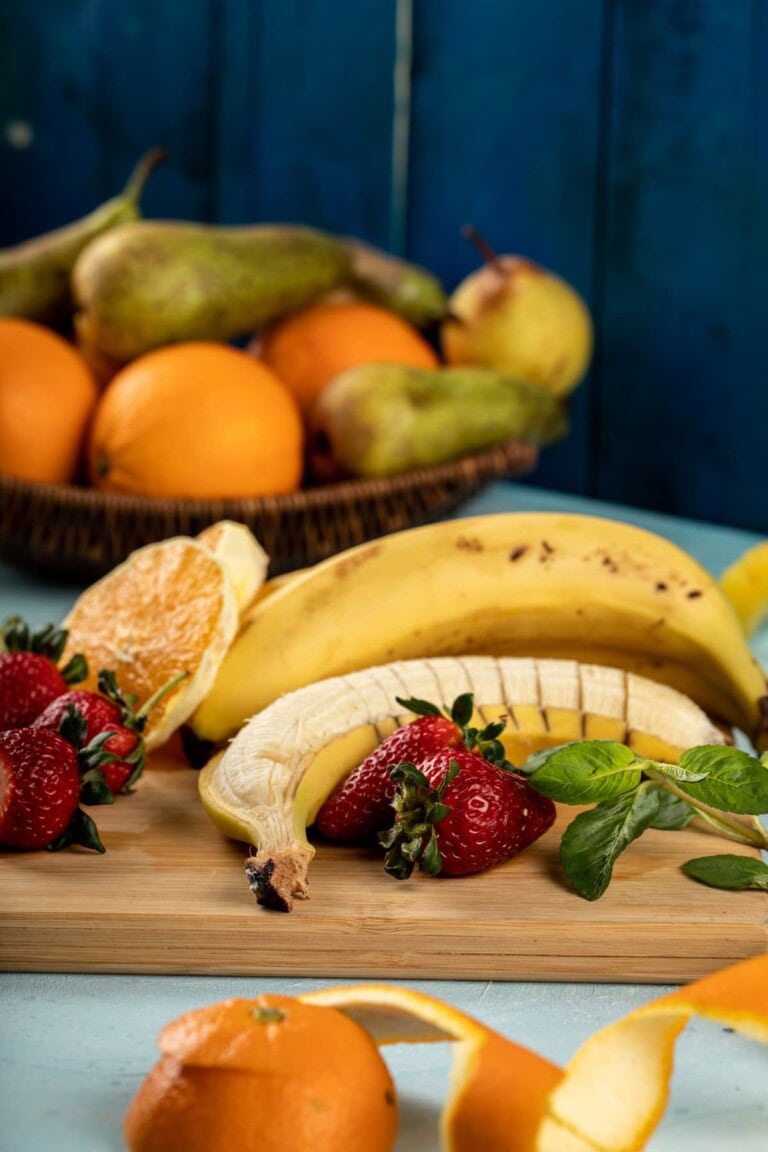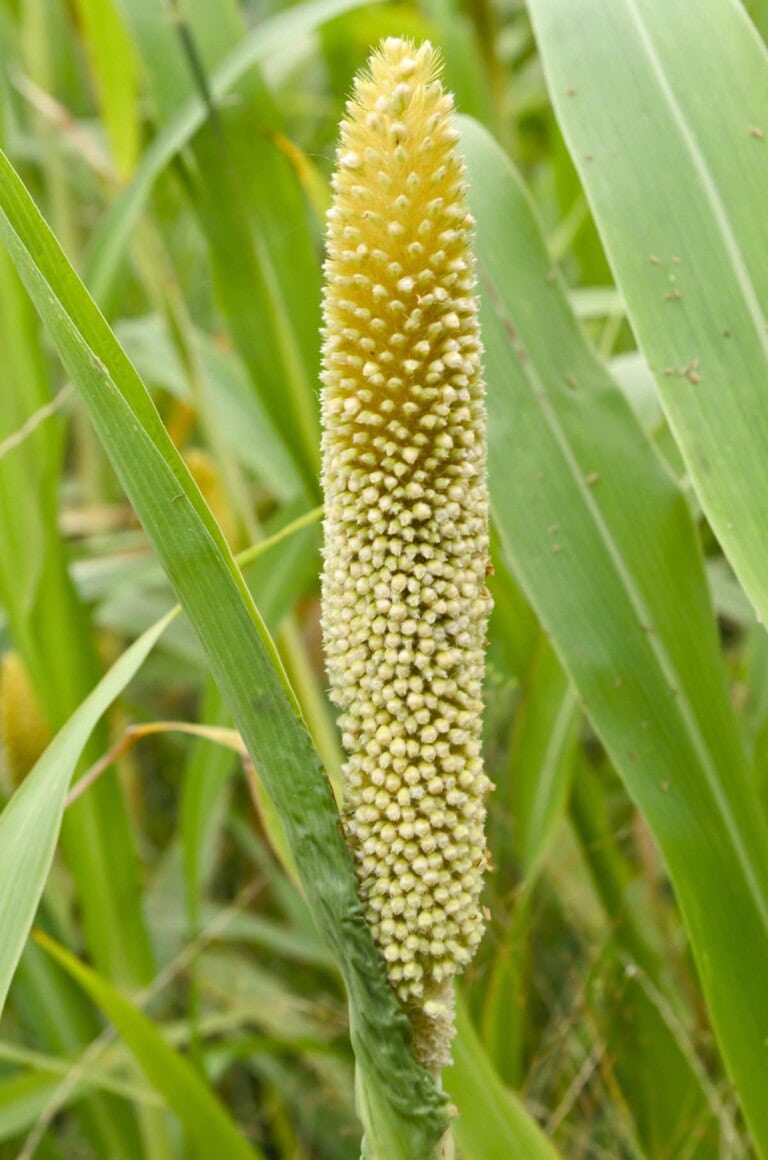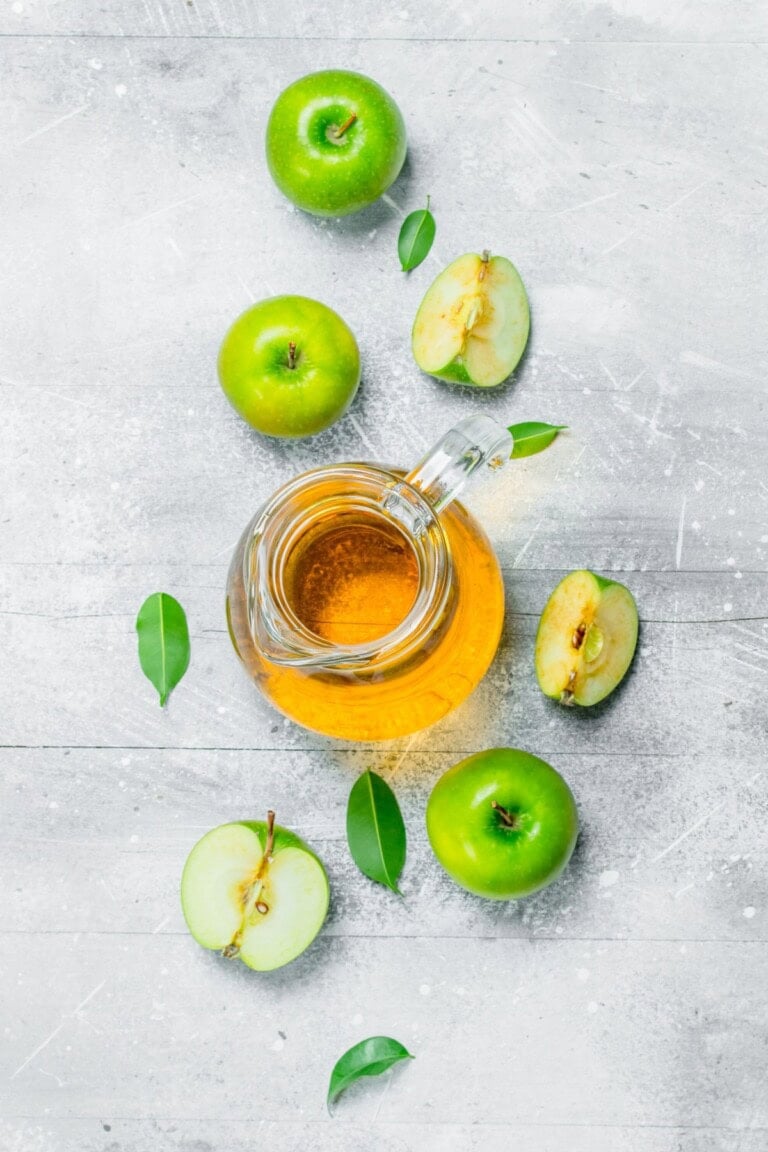Health Benefits of Noni: A Comprehensive Guide
What is Noni Juice?
Noni juice is a beverage made from the fruit of the noni plant, also known as Morinda citrifolia. The fruit is native to Southeast Asia and Australasia and is green when unripe, turning yellow as it ripens.
Although it has a pungent odor, noni fruit attracts weaver ants that protect the plant from plant-parasitic insects. Noni juice is known for its amazing health benefits, including boosting immunity, reducing inflammation, and improving digestion.
It is also rich in vitamins and minerals, making it a great addition to a healthy diet. Here are the top 10 amazing health benefits of noni:
- Boosts immunity
- Reduces inflammation
- Improves digestion
- Regulates blood sugar levels
- Lowers cholesterol
- Relieves pain
- Promotes heart health
- Enhances skin health
- Fights cancer
- Improves cognitive function

Noni Fruit Taste
Noni fruit has a pungent aroma reminiscent of fermentation. Its taste is described as bitter, similar to that of stinky cheese. Due to its unpleasant taste, it is commonly referred to as the starvation or vomit fruit.
Noni Fruit Juice
Noni fruit juice is a popular way to consume noni, which is available in different types, including unsweetened, sweetened, diluted, and noni powder mixed with water or juice.
However, the best kind of noni juice is unsweetened with pulp, as additives such as sweeteners and preservatives can cancel out the positive effects of the fruit on the body.
The pulp of the noni fruit contains the most nutrients and is therefore the most beneficial part to consume. It is important to note that Noni has a bad reputation for being a cure-all, but this is not true, and most products on the market are not helpful.
10 Amazing Health Benefits of Noni
Noni is a fruit that has been used for centuries in traditional medicine due to its various medicinal properties. Here are the top 10 health benefits of noni:
1. Analgesic
Noni is known for its analgesic properties and has been called “The Tree for Headaches” or “The Painkiller Tree.” Studies have shown that noni is effective in reducing pain compared to the drugs tramadol and hydrocortisone, making it a great option for arthritis and other joint pains.
2. Immune system booster
Noni is a natural immune system booster that activates macrophages and strengthens the immune system. It also contains antibacterial agents that fight infectious bacteria, including Staphylococcus aureus and Escherichia coli.
3. Antidepressant/sedative
Noni stimulates the production of serotonin and melatonin, two important hormones that affect mood, emotions, and sleep. An imbalance in levels of serotonin may contribute to depression, while melatonin regulates the circadian rhythm and helps you sleep. Keeping these hormones balanced can improve your mood and help you get a good night’s rest.
4. Skincare/hair
Noni’s properties are used for various skin and scalp conditions, such as eczema and ringworm. It is also rubbed on the scalp for lustrous hair and can help keep your skin looking young. Applying noni juice on affected areas for 15 minutes and then rinsing it off can help alleviate skin and scalp conditions. Ingesting noni juice may also help strengthen nails.
5. Anti-tumor/anti-cancer
Noni stimulates the production of nitric oxide, which reduces tumor growth and helps your body fight against the cancerous replication of cells. It also contains an immunomodulatory polysaccharide-rich substance known as noni-ppt that further fights cancer. Noni’s immune-boosting properties and high number of phytochemicals that fight cancer make it a great option for preventing and slowing down the cancer process.
6. Hypertension
Noni is high in phytonutrients, selenium, and vitamin C, which fight free radical damage on blood vessel walls. It also has scopoletin, a compound that may lower blood pressure. Noni is alkaline, which keeps bodily fluids from becoming too acidic, therefore reducing free radicals. It contains proxeronine, which is needed for the body to produce xeronine, a substance that helps coordinate cells to work harmoniously and lowers stress and blood pressure. The amino acid tryptophan in noni also helps produce other substances, including serotonin, which is great for lowering blood pressure.
7. Cholesterol
Noni prevents the absorption of LDL cholesterol, reducing plaque in arteries and keeping you healthy and alive longer.
8. Memory
Noni prevents the absorption of cholesterol by way of its large amount of phytosterols. This helps your brain stay healthier, and plaque does not build up in arteries feeding the brain, keeping it properly oxygenated.
9. Irritable Bowel Syndrome/constipation
Noni is high in soluble fiber, which helps ease the strain on your intestines and softens the stool. It also contains the necessary vitamins and minerals to keep your intestines healthy.
10. Antibacterial/antifungal/antiviral
Noni has properties to fight infections comparable to that of prescription drugs. It contains anthraquinones, scopoletin, and terpenes, among others, all working together to fight diseases.
In conclusion, noni is a fruit that offers a wide range of health benefits. From analgesic properties to immune system boosting, noni is a natural way to improve your health. Its anti-tumor and anti-cancer properties, ability to lower blood pressure, and ability to prevent the absorption of LDL cholesterol make it an excellent option for maintaining overall health.
Noni Juice Side Effects
- Noni may interact with certain medications, so consult with a physician before taking supplements.
Where to purchase Noni Juice?
Noni juice is readily available at health food stores and online retailers like Amazon in various forms such as juice, powder, tea bags, or capsules. It is recommended to purchase from a reputable source to ensure quality and authenticity.

Other Fruits To Learn About
- Tuna Fruit
- Papaya Fruit
- Naseberry/Sapodilla
- Amazing Benefits Of Lemon
- Key Lime
- Loquat Fruit
- Mangosteen Fruit
- Ground Cherries Benefits
If you enjoyed this post about 10 amazing health benefits noni and would love to see more, join me on Youtube, Instagram, Facebook & Twitter!
Get discounted copies of my cookbook here.
Fortunately, because of the Ads on our website, readers and subscribers of Healthier Steps are sponsoring many underprivileged families.

The research on Morinda citrifolia Linn, commonly known as noni, has been conducted for several decades, and it has resulted in a vast amount of literature. The studies have focused on various aspects of noni, including its chemical composition, pharmacological properties, and cultivation methods.
In 1980, Ahmad and Bano reported that they were able to separate beta-sitosterol and ursolic acid from noni. These are two important phytochemicals that may have healing properties.
Bassetti and Tramper (1994) investigated the toxicity of organic solvents in Morinda citrifolia cell suspensions. They found that the toxicity of the solvents varied depending on the type and concentration of the solvent used.
Bassetti and Tramper (1995) studied the effect of Pluronic F-68, a surfactant, on the production of anthraquinones by noni. They found that the addition of Pluronic F-68 increased the production of anthraquinones significantly.
Bassetti, Hagendoorn, and Tramper (1995) investigated the use of non-conventional media in Morinda citrifolia cell cultures. They found that the use of non-conventional media, such as coconut water, resulted in higher yields of anthraquinones.
In 1995, Bassetti et al. also wrote about how surfactants caused the non-lethal release of anthraquinones from noni suspension cultures.
Bassetti, Pijnenburg, and Tramper (1996) studied the effect of silicone on the production and release of anthraquinones by noni in a two-liquid-phase system. They found that the addition of silicone stimulated the production and release of anthraquinones.
Daniel et al. (1989) reported on the chemical composition of noni fruit juice, which included various vitamins, minerals, and phytochemicals.
In 1994, Doernenburg and Knorr looked into how chitinases and anthraquinones were activated in cell cultures of Morinda citrifolia. They found that the addition of chitin and other elicitors resulted in the production of chitinases and anthraquinones.
Doernenburg and Knorr (1994) also looked into how well plant-based and microbial polysaccharides worked as catalysts for the production of anthraquinone in noni cultures. They found that some polysaccharides were more effective than others in eliciting anthraquinone synthesis.
Fong et al. (2001) reported on the selective anti-tumor activity of noni extracts against breast and colon carcinoma cell lines.
Heinicke (1985) identified the pharmacologically active ingredient of noni as damnacanthal, which has been shown to have anti-inflammatory and anti-tumor properties.
Hagendoorn, Van Der Plas, and Segers (1994) studied the accumulation of anthraquinones in Morinda citrifolia cell suspensions. They found that the accumulation of anthraquinones was related to the interaction between secondary and primary metabolism.
Hagendoorn et al. (1997) investigated the balance between cell division and secondary metabolite production in noni cell suspensions. They found that the balance could be manipulated by changing the culture conditions.
Hiramatsu et al. (1993) reported on the induction of normal phenotypes in ras-transformed cells by damnacanthal from noni.
Hirazumi (1997) studied the anti-tumor activity of noni in vitro and in vivo. He found that noni had significant anti-tumor activity against various types of cancer.
Hirazumi and Fususawa (1999) reported on an immunomodulatory polysaccharide-rich substance from noni fruit juice with anti-tumor activity.
Hirazumi et al. (1996) reported that immunomodulation contributes to the anti-cancer activity of noni fruit juice.
Hirazumi et al. (1994) studied the anti-cancer activity of noni on intraperitoneally implanted Lewis lung carcinoma in syngenic mice. They found that noni had significant anti-cancer activity.
Hiwasa et al. (1999) looked into how tyrosine kinase inhibitors could speed up the death of human fibroblast UVr-1 cells caused by ultraviolet light.
Inoue et al. (1981) reported on the presence of anthraquinones in Morinda citrifolia cell suspension cultures.
Issell (2001) conducted a noni study at the Cancer Research Center of Hawai‘i and reported on the potential of noni for cancer prevention and treatment.
Kiernan







thank you , all these comments have contributed much to me. I will make use of the Noni Trees and their roots, leaf and ripen fruits. Great news.
How do you know if you are purchasing the real Noni Juice ? What should I look for ?
Look on the label and check reviews online.
I took Noni years ago when I was young now I am younger and have a cholesterol problem that my doctor has been trying to treat me for but I don’t take the medication. I am always trying things to maintain my health minus medications. Just started with the Noni again. How much is enough?
I have Tahitian Noni but not sure of how much I should take. Please advise on the correct amount to drink.
Hello. I have a super strange illness that doctors cannot figure out. To make a long story short, after the doctors gave up on me and being carried around for a month, a girlfriend of mine told me to try Noni. The liquid worked on me immediately. MANY people know what noni does for me. My doctor did some research but doesn’t understand why that simple fruit was the answer to my prayers and got me back to normal. He just wanted me to continue taking it. I get the whole fruit now and make a juice. I REALLY cannot even move my body at all by myself without noni in my system.
helpful message
Thank you Madeline
I am in for Noni juice. God given wonder plant and fruit.
Yes it is powerful.